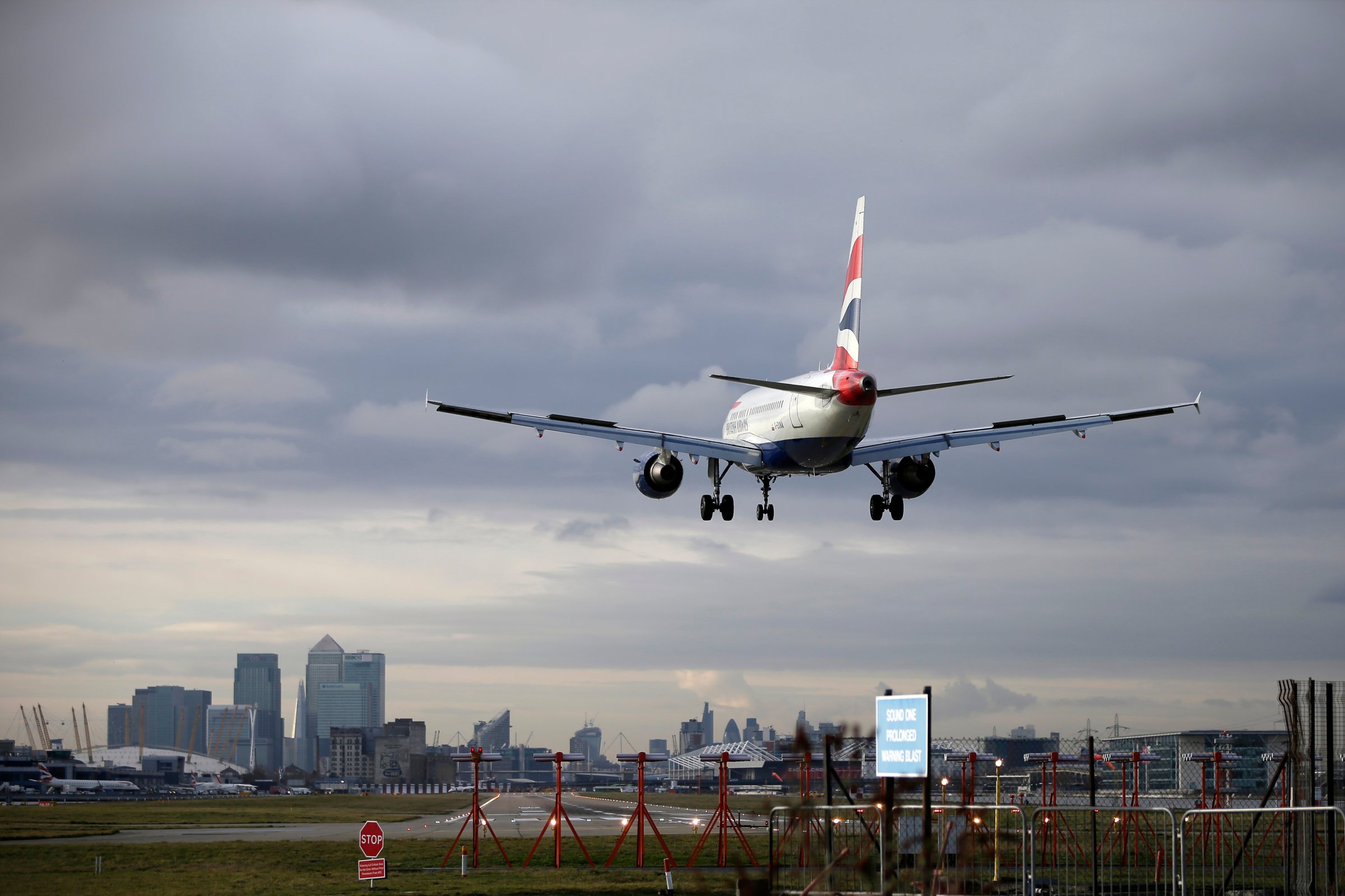
Fellow air travelers, it has begun: After U.S. officials announced over the Fourth of July weekend that some international passengers wouldn’t be allowed to board their flights with a dead smartphone or laptop, British Airways became one of the first carriers to announce an according policy change.
“[U.S.-bound] Customers may be asked to turn on any electronic or battery powered devices such as telephones, tablets, e-books and laptops in front of security teams and/or demonstrate the item’s functionality,” reads BA’s statement, posted late Monday.
What happens if your shiny new iPhone’s out of juice?
“If, when asked to do so, you are unable to demonstrate that your device has power, the device will not be allowed to travel on your planned service.”
The message to travelers: Charge all your electric gizmos and gadgets well ahead of any attempt to board a U.S.-bound flight. And if you can’t find an open power outlet in the Darwinian hunt for a charging source at the airport, you’re out of luck.
The Department of Homeland Security isn’t being totally clear about its rationale about this specific ban, and it would be nice to hear a more concrete explanation. Still, DHS likely has a good reason for the rule — back in 2010, for instance, a pair of bombs capable of taking down an airliner were found on a U.S.-bound cargo flight, and the devices were designed to be triggered by a cellphone.
Still, the ban won’t make the already-cumbersome flying experience any easier. But hey, at least we can use our Kindles while we’re taxi-ing now. And iPhone charging case companies? Get your press releases ready.
More Must-Reads from TIME
- Cybersecurity Experts Are Sounding the Alarm on DOGE
- Meet the 2025 Women of the Year
- The Harsh Truth About Disability Inclusion
- Why Do More Young Adults Have Cancer?
- Colman Domingo Leads With Radical Love
- How to Get Better at Doing Things Alone
- Michelle Zauner Stares Down the Darkness
Contact us at letters@time.com